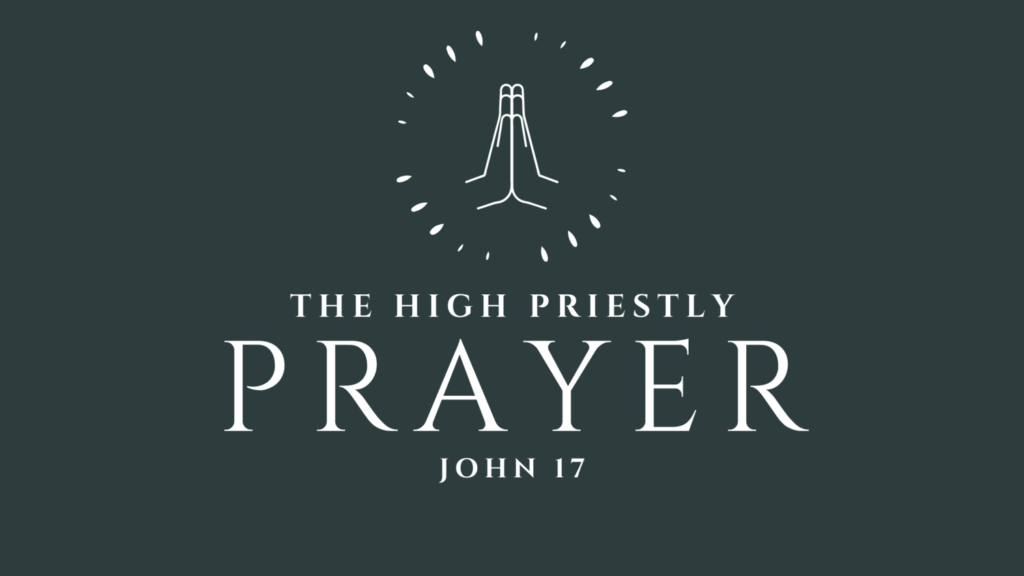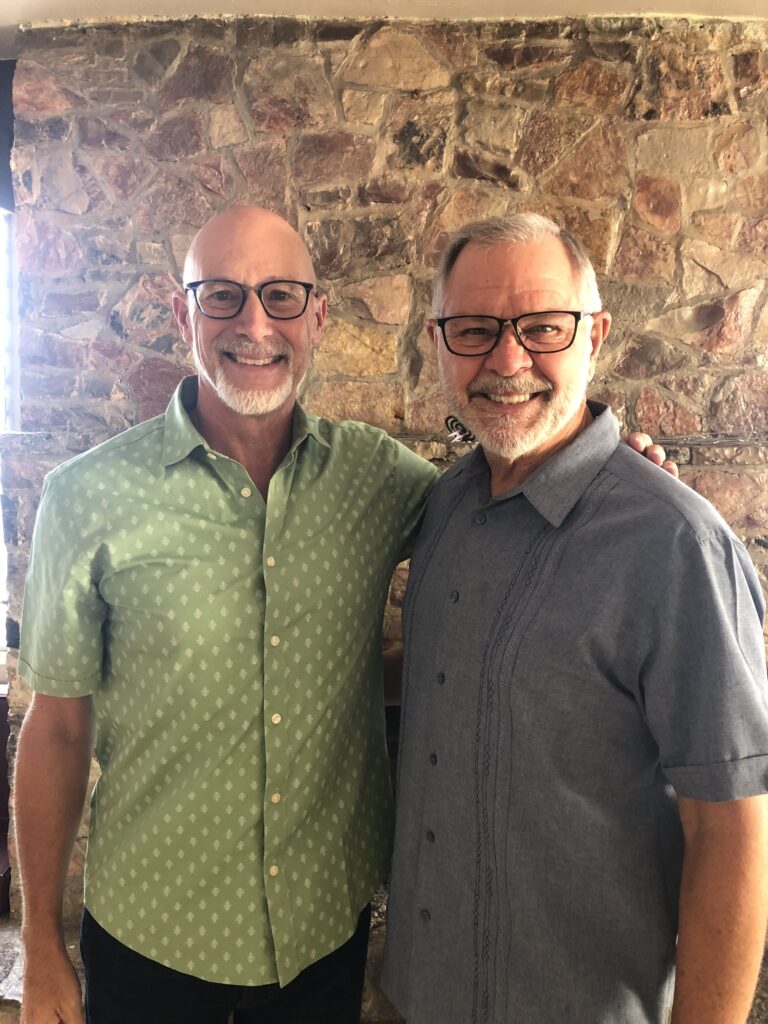
If you have read some of my earlier material you know I learn a lot from the preaching of Jonathan Edwards. It’s because he thinks at a level I never will. But it’s also because, despite hundreds of years separating us, our ministry contexts are similar.
Marsden makes this clear in, An Infinite Fountain of Light, and the chapter, Edwards and the Churches That Whitefield Built.
That shared context began with the likes of George Whitefield. Marsden reminds us, “The evangelists who succeed best are those who can attract the largest audiences. Think Billy Graham, for instance. This, plus the “populist-based versions” (p. 99) of the Gospel meant that churches were attended by those who professed faith in Christ, but who may not be genuinely saved.
Marsden writes, “Edwards spent almost his whole life wrestling with the question of how to tell the difference between authentic Christian experience and its imitations: self-delusion and hypocrisy.” (p. 104)
[If you haven’t read it, you might consider Edwards’s, A Treatise Concerning Religious Affections.]
I will go further in to this next time, but for now I wanted to ask you to consider your ministry context.
One of the scariest things I heard as a young pastor-in-training was something Chuck Swindoll said about his ministry in Fullerton, CA. I will never forget him saying that the longer he pastored, the more he believed that less and less of his people were saved.
It’s probably a good idea for you and me to keep this in mind as we preach and teach God’s Word. You may have noticed how much Scripture challenges the reader to make their calling and election sure (to quote from one place). One of my personal goals is to preach in such a way that there are no surprises at the Judgment for my faith-family.
May our Lord received glory in the church and in Christ Jesus (Ephesians 3:21) as you follow Edwards’s example of making sure your listeners know that their faith is genuine.
Randal










